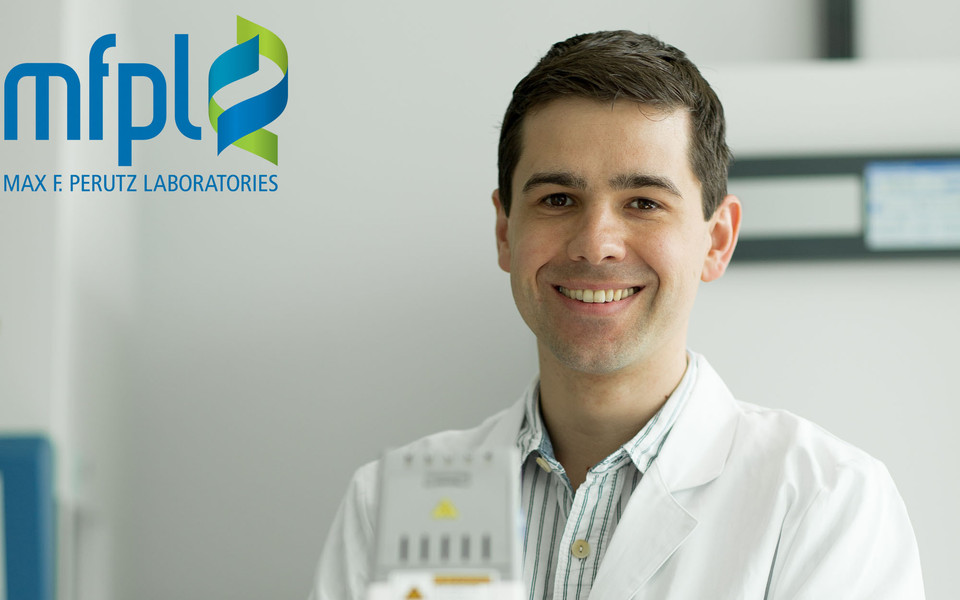
The grant of approximately €700.000, collectively funded by both Austria and Germany, will support the collaborative research efforts of Martin Leeb’s group at the MFPL and the group of computational biologist Andreas Beyer at the University of Cologne over the course of the next three years. The project will focus on answering the question, how an embryonic stem cell computes cues from its environment to elicit a regulated, exact cell fate choice during a process called “differentiation”. Such series of cell fate transitions of stem cells ultimately lead to the development of a higher eukaryotic organism.
In an interdisciplinary approach, the team will first systematically identify genes that are required for this differentiation process - information which will then be used to investigate their molecular mode of action, their targets, and if and how they interact with each other. To conduct the experiments, the team will use state of the art genome engineering technology to generate mutant embryonic stem cells at a large scale, followed by transcriptional profiling via next generation sequencing. “In this project, we will uncover the basic genetic and molecular circuitries that regulate embryonic stem cell differentiation. This will be a key step in understanding how cells change fate and establish lineage identity”, says Martin Leeb.